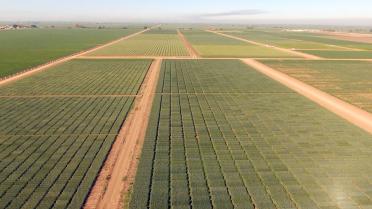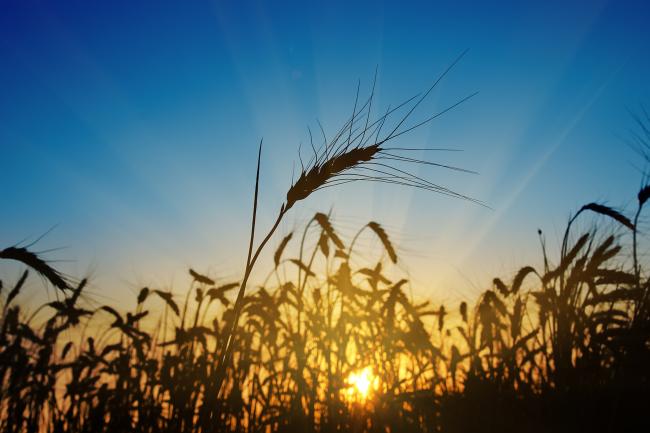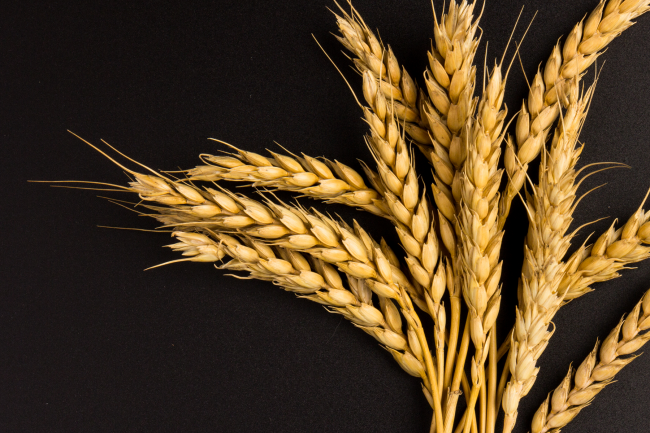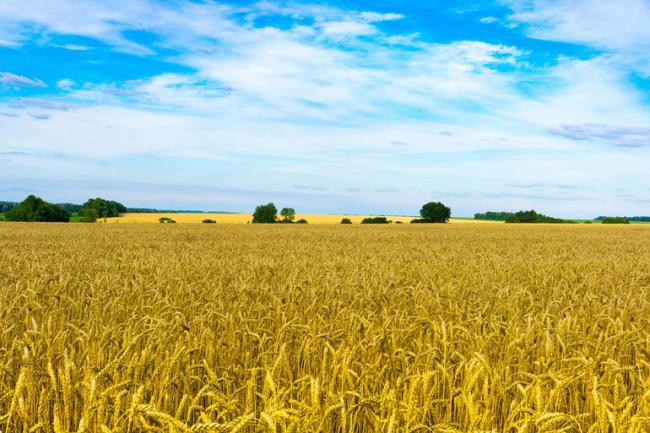
Following a year when temperature records have been smashed, research from the Earlham Institute in Norwich, in collaboration with the International Maize and Wheat Improvement Centre (CIMMYT), offers much-needed hope for improving crop resilience and food security in the face of climate change.
The field trials in Mexico also emphasise the importance of genetic diversity in key crops, where decades of selective breeding have reduced their ability to adapt to a rapidly warming planet.
There is growing uncertainty around the ability of major food crops to continue to meet global demand as temperatures rise and weather events become more extreme.
Wheat provides more global calories than any other crop yet most of the wheat grown around the world has limited genetic variation, making it vulnerable to the impacts of climate change.
“Wheat is responsible for around 20 per cent of the calories consumed globally and is widely grown all over the world,” says Professor Anthony Hall, study author and Group Leader at the Earlham Institute. “But we don’t know whether the crops we’re planting today will be able to cope with tomorrow's weather.
“To make matters worse, developing new varieties can take a decade or more so acting quickly is vital.”
In collaboration with CIMMYT, Earlham Institute researchers set up a two-year field trial in Mexico’s Sonora desert. They studied 149 wheat lines, ranging from widely-used elite lines to those selectively bred to include DNA from wild relatives and landraces from Mexico and India.
“Crossing elite lines with exotic material has its challenges,” said Matthew Reynolds, co-author of the study and leader of Wheat Physiology at CIMMYT.
“There’s a well-recognised risk of bringing in more undesirable than desirable traits, so this result represents a significant breakthrough in overcoming that barrier and the continued utilisation of genetic resources to boost climate resilience.”






